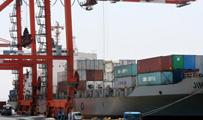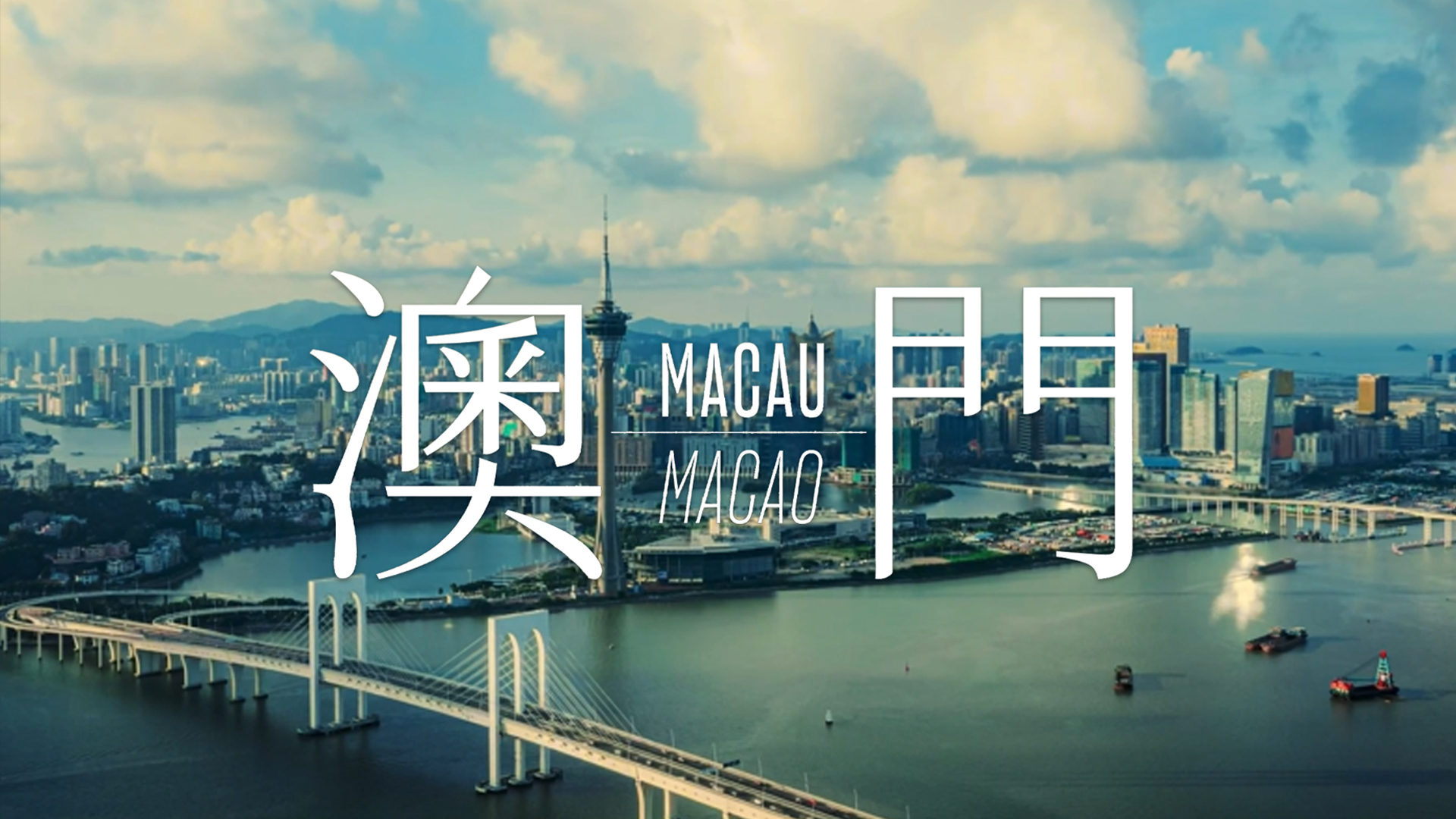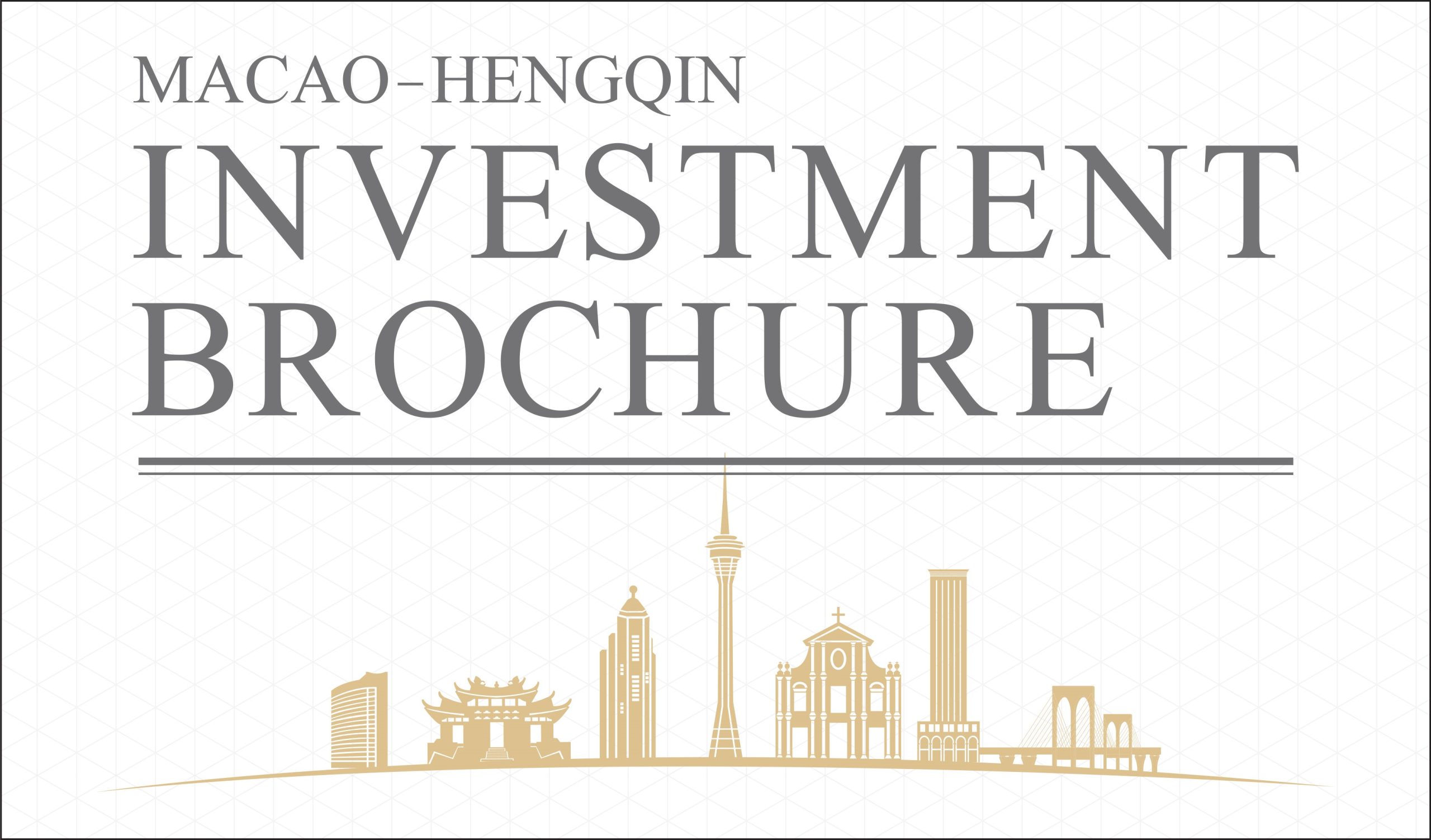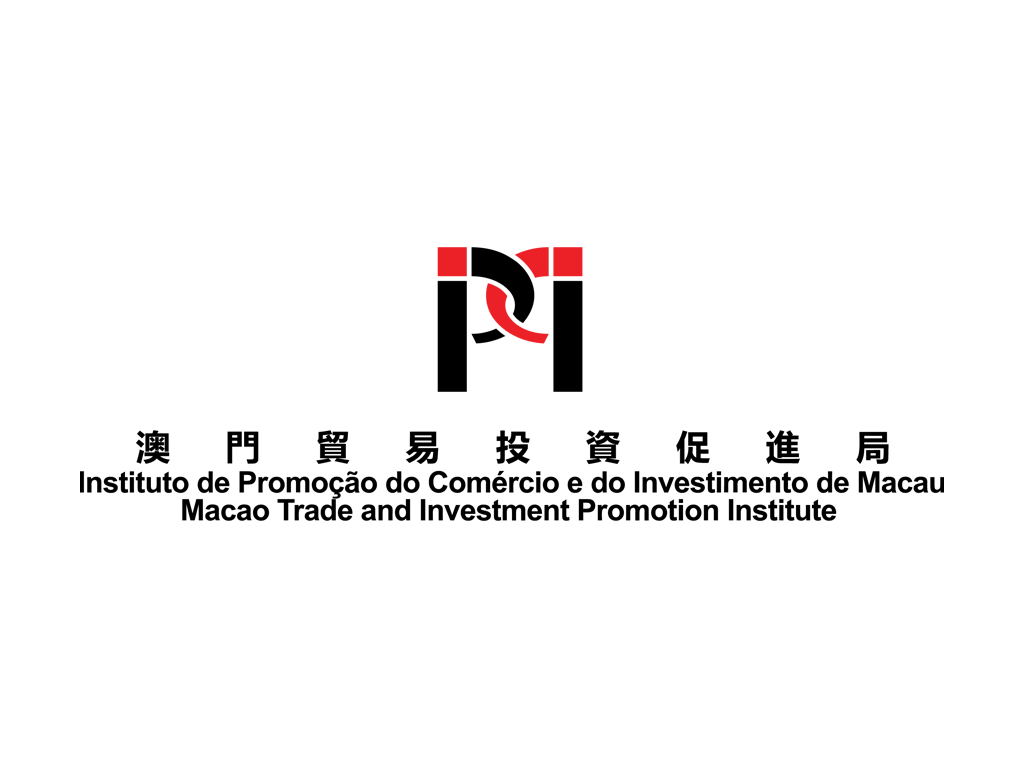Search Issues
EU New Trade Defence Policy
On 20 December 2017, a revised legislation on trade defence entered into force; introducing a new way of calculating whether dumping has occurred in imports into the EU from countries where the economy is distorted owing to state interference. The new methodology applies to all countries that are part of the WTO.
Before applying the new methodology, it will be necessary to show that significant distortions exist in the economy of the exporting country as a result of state interference. To do this the Commission will examine all the evidence presented in the course of an investigation, including by the EU industry. In this context, the Commission may prepare reports describing the economies of certain countries or sectors, which give EU industry information to familiarize itself with the new rules.
For WTO members, the standard way of calculating the dumping margin is by comparing the domestic prices in the exporting country and export prices for the product under investigation. This will not change under the amended legislation.
However, domestic prices and costs can be distorted owing to state interference in the economy. In this case, they do not provide a proper basis to determine the comparison with the export price. The new dumping methodology will be used when it is not appropriate to use domestic prices or costs due to significant distortions resulting from state intervention. In such instances other benchmarks reflecting undistorted costs of production and sale will be used. These could include benchmarks, or corresponding costs of production and sale in an appropriate representative country with a similar level of economic development as the exporting country.
Social and environmental standards can play a role under the new methodology. When selecting the appropriate representative third country for the purpose of replacing costs, besides the per capita gross national income or other relevant economic indicators, the Commission would also take into account the level of social and environmental protection in the representative source country.
The new methodology will also strengthen the EU anti-subsidy legislation so that, in future cases, any new subsidies revealed in the course of an investigation can be investigated and included in the final duties imposed.
The anti-dumping investigation
The investigation checks if:
• there is dumping by the producers in the country/countries concerned
• the European industry concerned suffers “material injury”
• there is a causal link between dumping and injury
• putting measures in place is not against the European interest
It is only when all four conditions are met that the Commission may put anti-dumping measures in place.
Anti-dumping Measures
Anti-dumping measures can be put on imports of specific products if the Commission’s anti-dumping investigation justifies it.
These measures are usually in the form of an “ad valorem” duty. Other measures that can be applied include a fixed or specific amount of duty or, in some cases, a minimum import price.
Price undertakings may also be accepted instead of anti-dumping duties. This is where the exporter agrees not sell products in the EU at prices below a minimum amount. If the Commission agrees to an undertaking then the anti-dumping duties will not be collected on those imports. The Commission is not obliged to accept an offer of an undertaking.
Reviewing anti-dumping measures
Measures are generally in place for five years and may be reviewed if, for example:
• the circumstances of the exporters have changed
• a new non-EU company starts exporting to the EU and requests the calculation of its own dumping margin
Measures end after five years unless the Commission does an expiry review.
Refunding anti-dumping duties
Importers may request a full or partial refund of duties paid when they can show that they paid duties in excess of the actual dumping margin prevailing for their non EU-supplier.

Source:
For more information and details regarding “EU new trade defence policy”, please visit the website at: http://ec.europa.eu/trade/policy/accessing-markets/trade-defence/
For more tips on investing and trading in the EU, please contact the Business Cooperation Centre of Enterprise Europe Network Central China – Macao Office (EENCC Macao Office) at Tel: 2871 3338, 2872 7882/Fax: 2871 3339/Email: info@ieem.org.mo






















